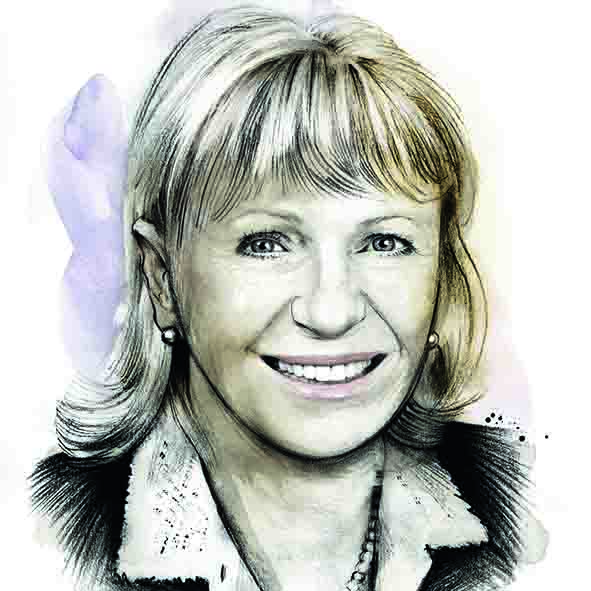Helping new teaching styles to take flight
On 27 April 2016 the KITE Award for “Key Innovation in Teaching at ETH” will be presented for the first time. KdL-President Felicitas Pauss has written a column about the significance of the new award in the latest issue of “life” magazine.

At ETH Zurich, I have the privilege of working with incredibly creative people. This is particularly evident in research collaborations. By exchanging ideas with colleagues, a problem which seemed impossible to solve becomes a challenge, and then an innovative project. The innovative power of a university is primarily judged by the public in terms of its research. They forget that those same creative minds are also lecturers who are introducing young talent to their field of study and preparing them to assume responsibility as critical members of society.
Teaching mostly happens behind closed doors. That means that the major changes taking place in lecture halls and auditoriums are largely going unnoticed. ETH has been specifically supporting new teaching styles and methods for years, in part through the Rector’s Innovedum fund. But in general, there is too little recognition of how innovative teaching methods can be, and how much commitment and energy some lecturers put into these methods.
At least, that is the conclusion we reached at the Lecturers’ Conference (KdL), where we also created the KITE Award, a biennial prize for “Key Innovation in Teaching at ETH”. The aim of this award is to honour innovative approaches to teaching, to motivate more lecturers to get on board with the changes that are happening, and to help further improve the quality of teaching at ETH. That’s the theory anyway. But the proof of the pudding is in the eating. Will the new award strike a chord with people and achieve its goal?
The initial signs are good. We have received two dozen entries from 12 academic departments for the first KITE Award. These include both individual lectures and entire degree programmes, as well as additional services which support teaching. A selection committee has assessed the proposals – and was impressed by the breadth of the entries.
Three projects have been chosen for the final shortlist, one of which – well, I would love tell you more about the projects but I’m not allowed to. The three projects will be showcased on 27 April in the Audi Max hall, before Rector Sarah Springman presents the winner with the KITE Award 2016. You are very welcome to attend the award ceremony.
